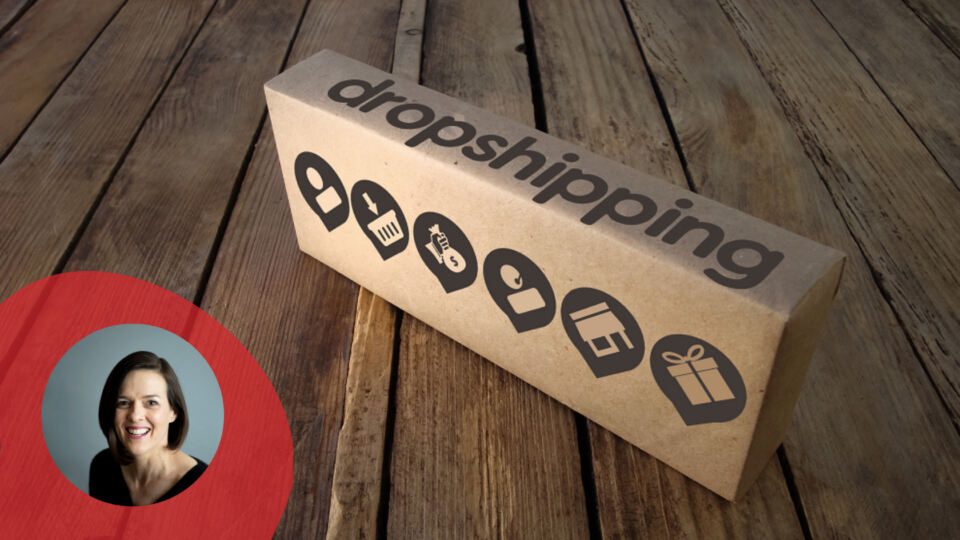Drop shipping is a concept that’s been around for a while but it has grown in popularity as retailers look for new ways to expand their range and availability. Drop ship is a fulfillment method in which the brand or retailer has a product shipped directly from a third-party seller, manufacturer or wholesaler. Utilizing Drop Ship Vendors (DSVs) is a great way to expand a product range and fulfillment capacity while also allowing brands or retailers to test new products without investing capital in stock.
A DSV is essentially a supplier of items not owned or stored by the seller. When a customer places an order, rather than being sent to a distribution center or store for fulfillment, it’s routed to the DSV. The DSV then handles the logistics and delivery to the customer. While working with a DSV can be a very beneficial relationship, there are a few factors to consider when evaluating a partnership:
Communication and Updates
The most successful retailer/brand and DSV relationships are those that place communication at the center, prioritizing the way updates on inventory and product information are shared. For starters, the frequency and method of receiving updates is critical. DSVs should publish inventory and fulfillment updates often — at least overnight — and communicate that plan ahead of time. Retailers might even consider creating a vendor portal so DSVs can provide this information using existing standards.
Additionally, when someone is shopping for a specific product to buy, they usually begin with a Google search. That eventually leads them to the retailer or brand that has the best product information available (i.e. product images, descriptions and other specifications). For this reason, accurate and readily available product data is incredibly important.
True Collaboration
One of the most common hesitations retailers have when working with a DSV is the customer service experience. Retailers want to know that if an order is shipped from a DSV that the product and the customer’s delivery experience are up to their same standards. So it’s important that retailers find a DSV that will support a Service Level Agreement (SLA) to match their other offerings.
For example, the DSV should quickly process orders, match standard delivery speeds/options, should be open to shipping internationally and support branded packaging. A DSV that matches a brand or retailer’s existing offerings will lend better customer experience and brand loyalty over time.
Dependability and Processes
Peering into a DSV’s existing processes and policies will help brands find the right partners. One critical process is a DSV’s return policy; it should be reasonable, detailed and comprehensive. For example, a DSV should be able to answer questions like:
- How will the customer initiate a return?
- Do they need to ship it back to the drop shipper or can they return it to the store?
- If they are shipping it back, is there a packing slip already provided in the package or does the customer need to print a return shipping label?
- Can the seller initiate a return on behalf of the customer instead?
- Once the return has been started, what are the shipping options to actually return the item?
- How quickly will it be processed?
- Is there a phone number that can support customer inquiries?
- And most importantly, how and when will the customer be updated on their return status?
Keeping a Safe Bet
If a retailer evaluates these criteria and decides to work with a DSV, they may consider adding another layer of protection to ensure vendor performance is tracked and customer service is unscathed if there were to be an issue down the road. Having an agile order management system (OMS) can help suppliers seamlessly onboard DSVs and keep track of their performance. This can mitigate the risk of products going out of stock and protect brand reputation. A flexible OMS can also sync product data in near-real time from a DSV, along with existing distribution centers and store inventory. This is imperative to both the success of the relationship and ongoing customer loyalty.
As shoppers demand more and more variety, flexibility and faster turnaround time when they place orders, the role of the DSV becomes that much more important. They can help suppliers retain current customers while simultaneously expanding their range and availability through the use of these vendors’ networks. However, there is no shortage of questionable DSVs that lack reliability or communication. In order to make the most of the relationship, sellers must not be afraid to ask the tough questions.
Nicola Kinsella is VP of Global Marketing at Fluent Commerce. She has over 20 years’ experience in B2B and B2C enterprise commerce, supply chain and logistics technology. She holds a BA in History and Politics from Macquarie University and is a founding member of the Product Marketing Alliance. Born and raised in Australia, Kinsella has worked most of her career in the greater NYC area.




